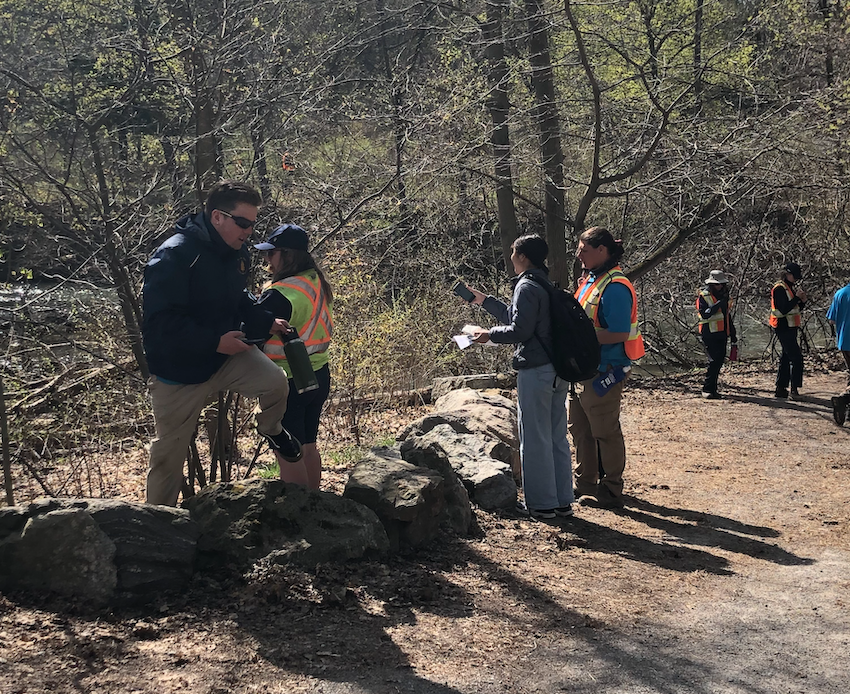By: Thurkkha Thayalalingam and Evan Rodenburg
Back by popular demand, the O-Week Sustainability Challenge initiative is calling on Brock University students to track their sustainable actions for the chance to win one of five prizes.
In partnership with Blackstone Energy Services, Brock University is hosting its third annual Welcome Back Sustainability Challenge! From September 11 to 15, students can log their sustainability actions, ranging anywhere from taking public transportation to turning off the lights, onto the EcoBoss app.
The five students with the most actions logged by the end of the challenge will be entered into a draw to win one of the three Apple products: an Apple iPad, Apple Watch or Apple AirPods. The two students not chosen in the draw will automatically win a $50 Campus Store gift card.
Register to participate in the challenge between September 5 and September 10 on the EcoBoss App following the instructions below:
- Once the free EcoBoss app is downloaded, review and accept the app’s privacy policy
- Create an account using your Brock email and enter Brock’s challenge code: badgers
- Click the badge icon to join the Brock “Welcome Back Sustainability Challenge”
- Press the green “Join Challenge” button and you’re all set!
The challenge will open at 12:00am on Monday September 11, and close at noon on Friday September 15. The winners of the challenge will be announced at 3pm on September 15!
The goal of the sustainability challenge is to encourage environmental stewardship throughout the Brock community by encouraging students to adopt more sustainable habits. The result of this challenge has garnered substantial participation over the years, resulting in large reductions in CO2 emissions, increased amounts of waste diverted from landfills, and significant savings in water use.
















